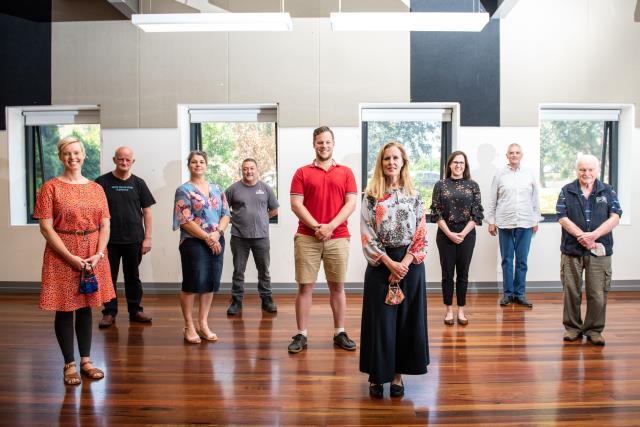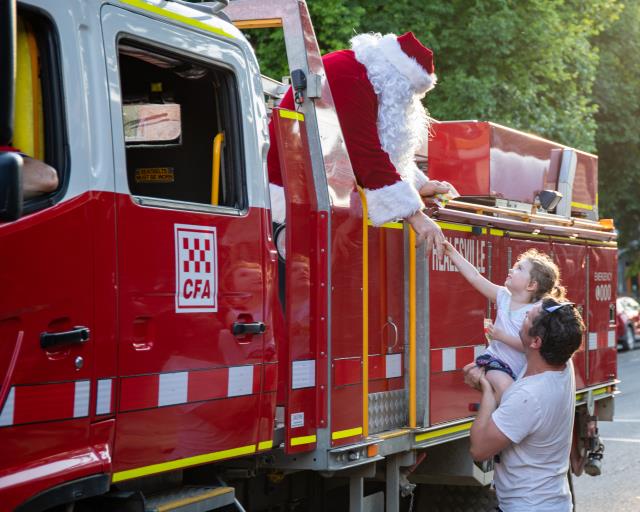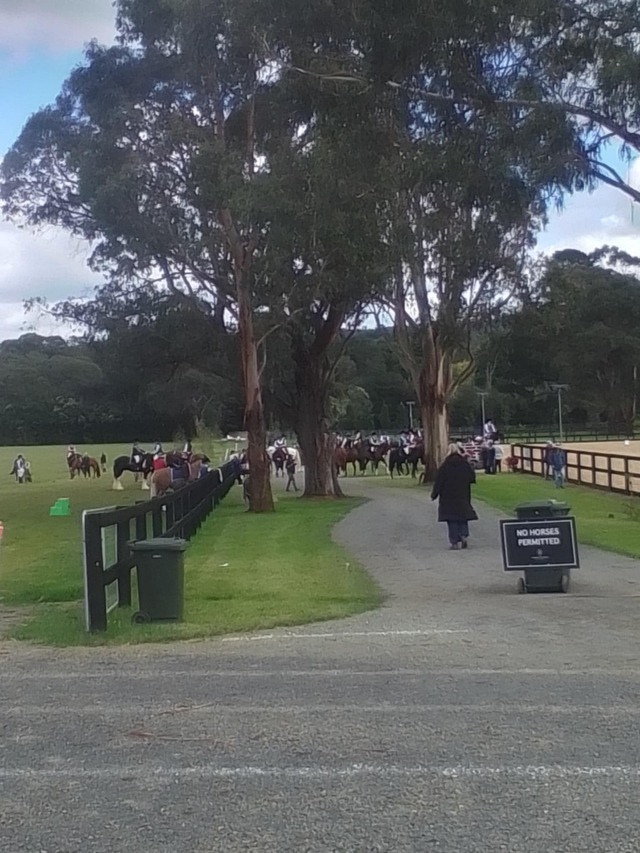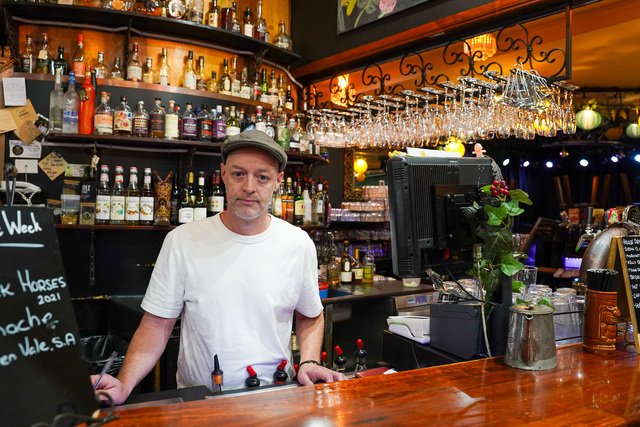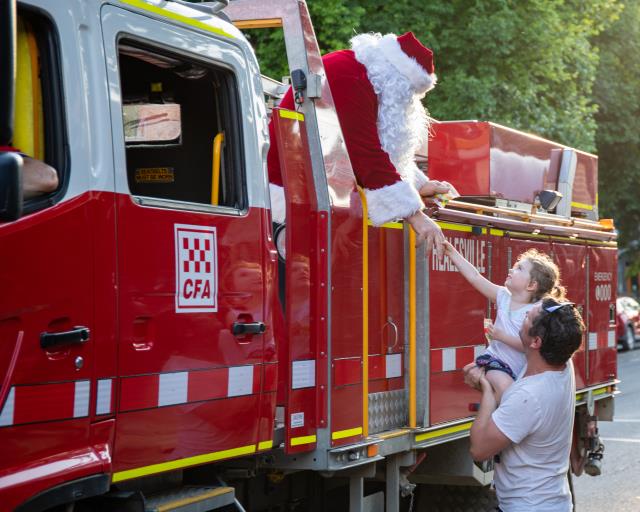Yarra Ranges Council has voted to approve the new mayor, deputy mayor and councillor remuneration package increases under the independent review released in March.
The determination of allowances made by the Victorian Independent Remuneration Tribunal came into effect on 18 December last year and will be retrospectively applied for the current council members.
From the recommendations, the creation of a special allowance for the deputy mayor will be added to the existing remuneration package.
Councillor Tim Heenan said he was grateful for the Tribunal’s financial acknowledgement of the work the deputy mayor does throughout the year.
“Since coming to the council in 2005, I’ve always been disappointed that the function of the deputy mayor in supporting the mayor at certain times throughout the mayoral year has never been remunerated properly,” he said.
“I’m just eternally grateful the State government has seen fit through this independent body to finally recognise the role of the deputy mayor.”
Under the Tribunal’s determinations, each council was placed into a category of payment for its councillors.
Yarra Ranges Council was placed into the highest tier of category three, apart from Melbourne City Council which was given its own pay category.
This was based on the council’s revenue and the size of the population in the council area.
The current pay for the mayor equates to $111,577 per annum and will be increased to $119,316 retrospectively.
Previously the deputy mayor had been receiving the same pay as a councillor but with the creation of the deputy mayor allowance, it will increase to $59,658 for this year.
Commencing on 18 December this year until 2025, the mayor and deputy mayor will see gradual increases in their pay, while councillors will see a six per cent increase applied in two equal portions in 2022 and 2023.
Deputy mayor Johanna Skelton said while the issue had not been raised within Yarra Ranges Council, she had heard other council’s were concerned about not everyone having the chance to serve as deputy mayor because they are within marginalised groups.
“For our council, I would love to see the officers who have a long term understanding and vision across this…to keep their eye out for the possibility that the deputy mayor role might not be available to all, to women, to people with disabilities, people who are marginalised in some way so hopefully they are not missing out on the deputy mayor role in future times.”

